- Take the tablet with a full glass of water to prevent irritation of the throat.
- It is best to take it on an empty stomach, at least one hour before or two hours after eating.
- If it upsets your stomach, you can take it with food, but avoid dairy products (milk, cheese, yogurt) as they can reduce how well the medicine works.
- Follow your doctor’s instructions and complete the full course, even if you feel better. Stopping too soon may cause the infection to return.
- Nausea or vomiting
- Dizziness
- Skin sensitivity to sunlight (increased risk of sunburn)
- Discoloration of the skin, nails, or gums (rare but possible with long-term use)
- You are pregnant or breastfeeding (it may harm the baby).
- You have severe liver or kidney disease.
- You are allergic to tetracycline antibiotics.
- You are under 8 years old (it can cause permanent tooth discoloration in children).
- Avoid excessive sun exposure and wear sunscreen, as Minocin can make your skin more sensitive to sunlight.
- Do not take it with dairy, iron supplements, or antacids, as these can reduce its effectiveness.
- If you feel dizzy, avoid driving or using heavy machinery.
What is Minocin 100mg?
Minocin 100mg is an antibiotic used to treat bacterial infections. It contains minocycline, which belongs to the tetracycline family of antibiotics. Doctors prescribe it to treat infections such as acne, respiratory infections, urinary tract infections (UTIs), and skin infections.
How Does It Work?
Minocin 100mg works by stopping the growth of bacteria. It prevents bacteria from making the proteins they need to survive and multiply. This helps the body’s immune system fight off the infection.
How to Take Minocin 100mg?
Common Uses of Minocin 100mg
Minocin 100mg is used to treat:
Acne – Reduces inflammation and bacteria that cause pimples.
Respiratory infections – Helps with infections in the lungs and throat.
Urinary tract infections (UTIs) – Treats bacterial infections in the bladder and kidneys.
Skin infections – Used for conditions like rosacea or infected wounds.
Possible Side Effects
Like all medicines, Minocin 100mg may have some side effects. Common ones include:
If you have severe side effects like allergic reactions, difficulty breathing, or severe headaches, contact a doctor immediately.
Who Should Not Take Minocin 100mg?
Minocin 100mg may not be safe for everyone. You should avoid it if:
Important Precautions
Conclusion
Minocin 100mg is a powerful antibiotic used to treat bacterial infections, especially acne and respiratory infections. When used correctly, it is very effective. However, always follow your doctor’s instructions and be aware of possible side effects.
| packing pills | 30 pills, 60 pills, 120 pills, 180 pills, 200 pills, 250 pills, 300 pills, 400 pills, 500 pills |
|---|

 Cart is empty
Cart is empty 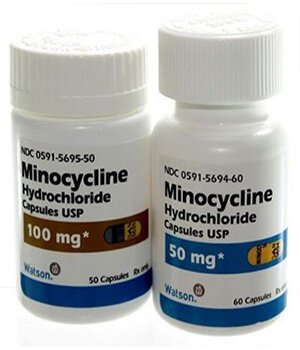
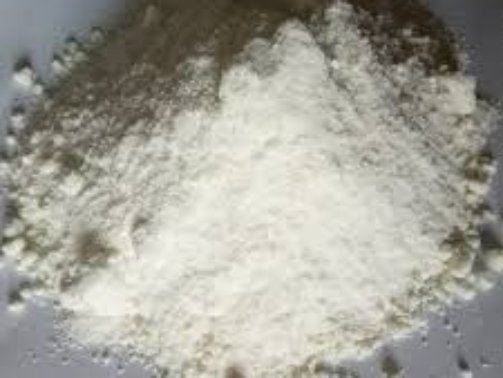
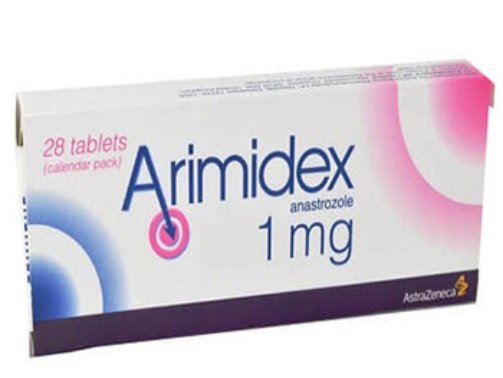

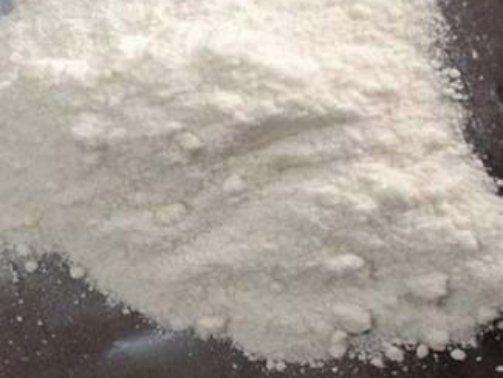



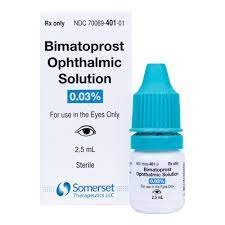
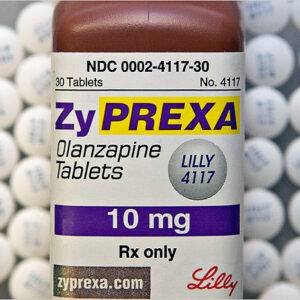
Reviews
There are no reviews yet.